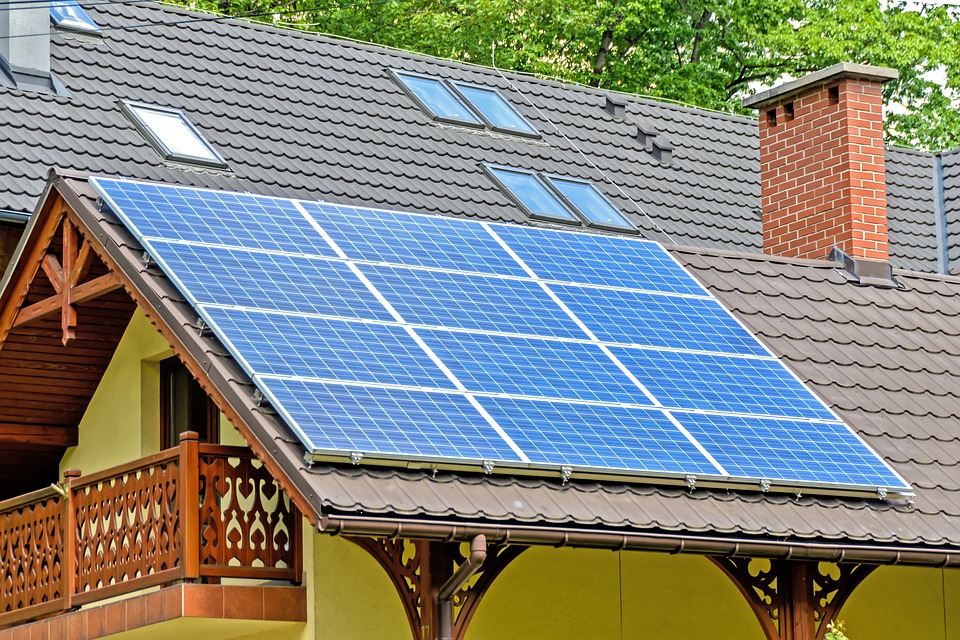
10 Oct Understanding Solar Net Metering
In many instances, a solar system will produce more energy than the business or home will need. This excess electricity is then added back to the grid for others to use. Net metering is a way to compensate businesses or homeowners for the electricity they contribute to the grid.
Most homes or businesses that use solar power don’t rely on solar power alone to meet their electricity needs. Solar systems produce light during daylight hours, so unless the home can store the excess electricity for later use, homeowners will rely on city utilities to meet their needs once the sun goes down. Net metering is a billing mechanism adopted by power companies to credit owners of solar energy systems for the electricity they supply to the grid during the day.
Excess electricity generally goes to the grid during the day for other homes or businesses to use. When this happens, the home or business producing the electricity is credited for the amount of power they are providing. This essentially means that the meter that electric companies use to determine how much money a homeowner or business owner will pay each month will move backward to account for the solar system’s contributions. This system helps compensate for the difference between what the system is producing for the grid, while not charging home or business owners for the electricity they use when the sun isn’t out.
Customers will be billed at the end of each billing cycle for their net energy usage. This means that if they used more than they produced for the grid during the day, they will only pay that difference. How much that will be depends on the policies set up by local and state governments. The net metering system allows customers of power companies to generate their own electricity through the home solar power system cleanly and efficiently, while also allowing them to save money on the energy they use at night.
Net metering is beneficial both to the consumer and the power company. Homeowners can save hundreds of dollars because of these types of systems, which can help make up for the expense of using solar panels in the first place. The system is also good for electric companies because it helps decrease strain put on the grid’s distribution and transmission systems. When electricity travels miles from the power plant to grids that are far away, energy loss occurs. However, when the electricity is being generated near the grid, loss of energy and voltage decreases.
If you are interested in solar energy, check out what kind of net metering policies apply where you live. Depending on the offerings, it may make going solar more worthwhile because of the savings you will accumulate in the long run.
If you need help deciding if solar energy panels are a wise investment, contact Solar Engineering Group for a SunFacts™ report. The report provides an unbiased, and comprehensive survey of your home and its potential for solar investment.



